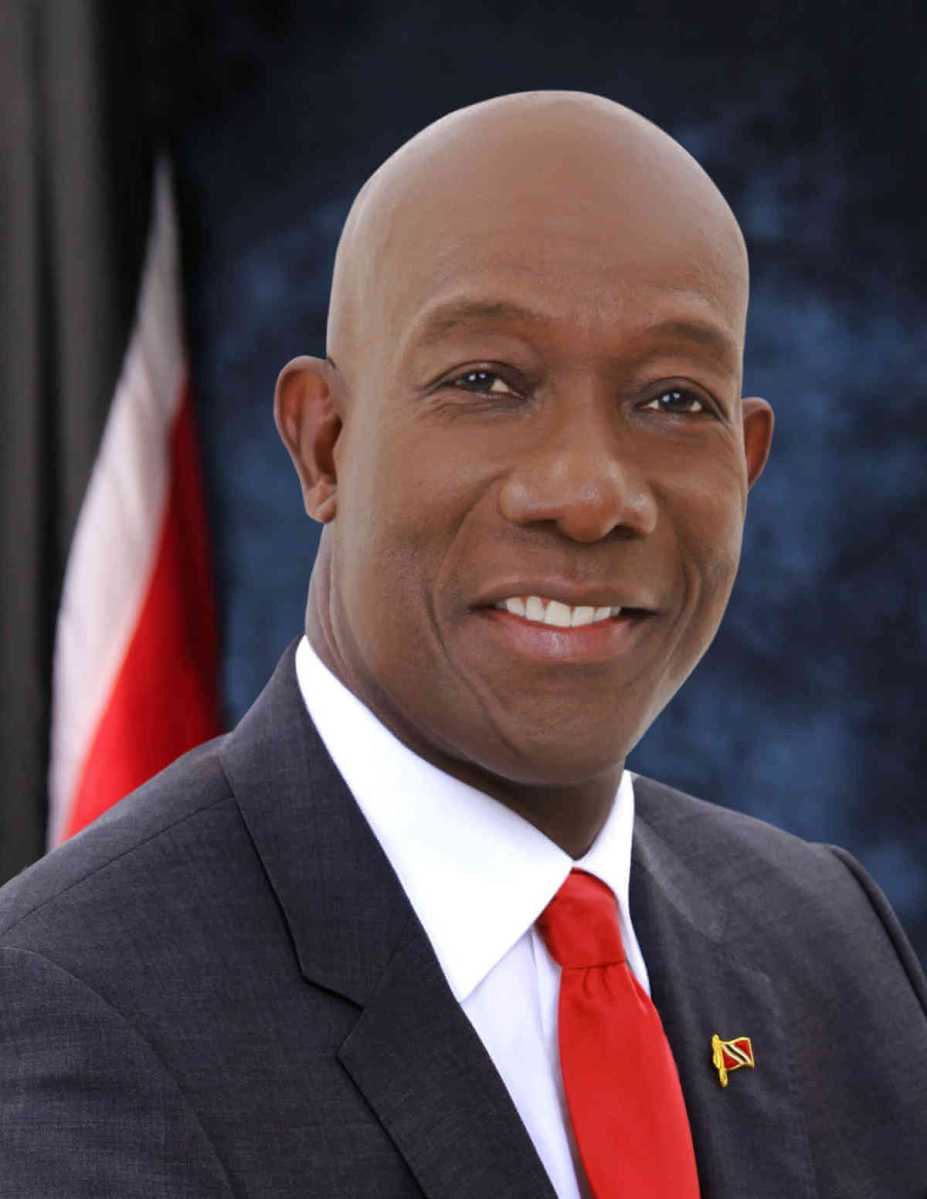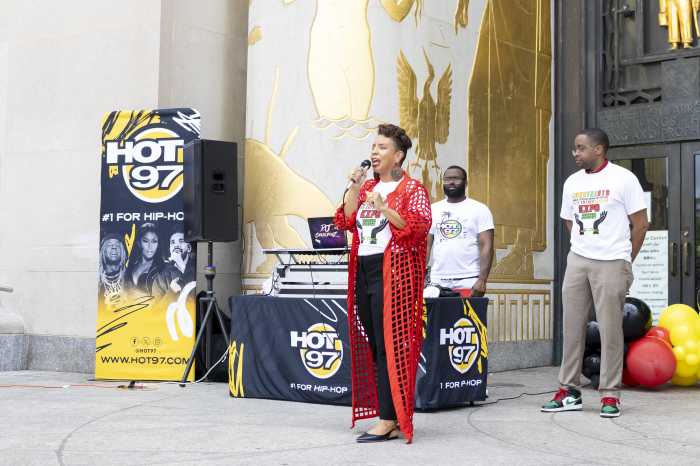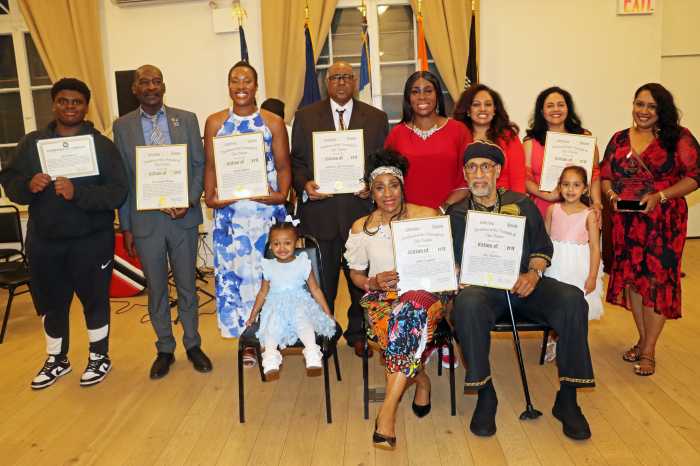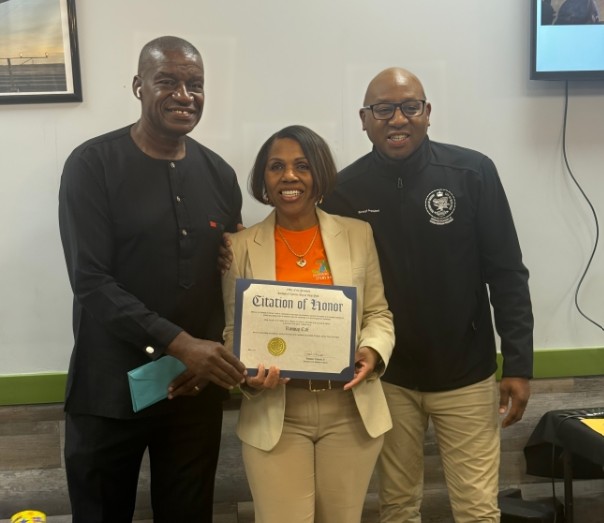Several Caribbean trading bloc governments rushed this week to lock down countries or dramatically restrict movement of the public as the region battles to contain the march of the deadly Corona virus, community spread in particular.
Cabinets in Bermuda, The Bahamas, Barbados, Trinidad, Suriname, St. Lucia, Dominica, Antigua, Grenada and those in associated states such as Curacao among others, opted to either impose total lock downs of towns and cities or ordered overnight curfews to minimize large groups of people mingling in public spaces.
In Trinidad, authorities are hunting for a man who escaped quarantine, fearing that he might have been confined for the mandatory 14-day period. He, however, tested negative but bolted nevertheless even before being advised of his results.
In neighboring Guyana, Khalid Gobin, a Guyanese college student at York University in Canada has moved to court in Guyana to win freedom from what he called substandard quarantine facilities. He alleges that the quality of the military-run facility south of the capital is below standard and keeping him there could endanger his health as he is not carrying the virus and was never even tested by authorities. A judge has strangely agreed to hear his case this week.
Gobin was among a group of Guyanese given special permission by aviation officials to come home on a charter flight from Barbados last week even after Guyana had banned passenger flights. The group was taken to the facility by medical officials but most complained about the standards, poor spacing of beds and the inability of family and friends to visit them.
The case is being heard on the same day that the aviation department extended the closure of the two main international airports to May 1 to limit the spread of the virus by importation. Exceptions are in place for medivacs, cargo flights and those with special permission.
In Trinidad as well, the administration of Prime Minister, Keith Rowley is under fire for allowing in a special flight with Venezuelan Vice President, Decly Rodriguez to land in Trinidad last Friday. She was there for talks with him despite the total closure of the two main airports in Trinidad and in Tobago.
Social media was afire with flak with many arguing that if she was allowed special permission, then the many Trinidadians stranded overseas and willing to pay for charter flights should also have been allowed to come home. Authorities have refused to do so, blaming the large number of confirmed cases on locals who were allowed to disembark from a cruise ship last month. More than 40 had tested positive for covid-19. Trinidad has close to 80 cases, the highest in the region outside the French Overseas territories like Martinique.
Meanwhile, in Antigua, Prime Minister, Gaston Browne not only declared a state of emergency but also ordered a mandatory curfew as of last weekend.
“We are now moving from covid mitigation to covid suppression,” said Browne as police prepared to slap curfew breaking charges against a local pastor who organized services on Sunday despite the lockdown.
Police broke up the service but not before meeting stiff opposition from parishioners. “More drastic action must be taken to contain the virus. We recognize that despite our best efforts to ensure social responsibility, especially with social distancing, that those efforts have not worked very well,” he said in a national address.
Back in Trinidad, the crisis hit home close to Prime Minister, Keith Rowley as he announced the death of his elder brother in sister isle, Tobago. Like Trinidad, Antigua is also imposing stiff fines and six months in jail for curfew violators.
In nearby St. Lucia, Prime Minister Allen Chastenet said he was cancelling liquor licenses to curb curfew breaking and limited restaurants to take outs only. “The police will be boosting their staff and lowering their levels of tolerance,” he said.


























